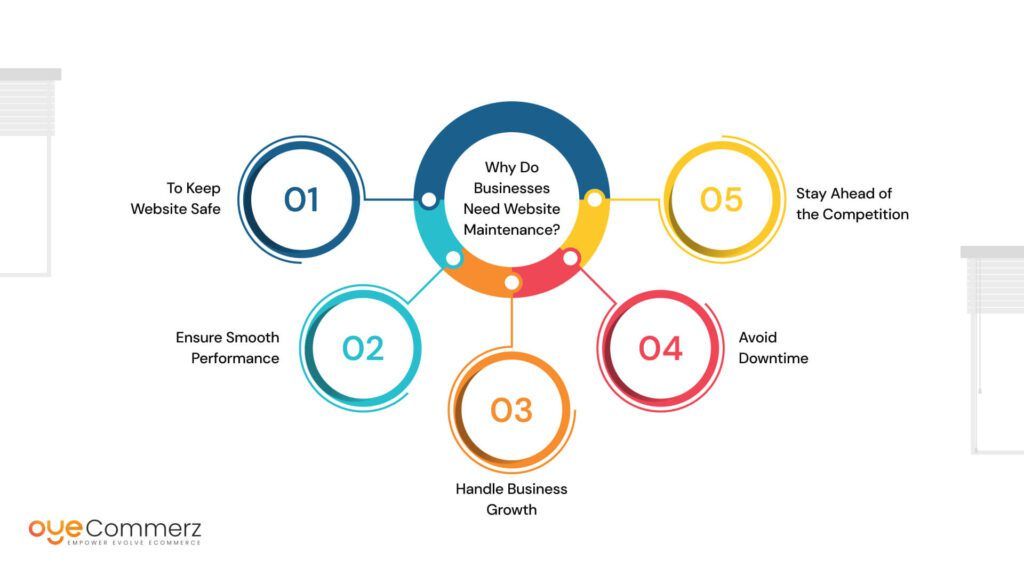In the dynamic world of digital commerce, choosing the optimal solution is vital for your business's success. If you’re presently using WordPress and considering a migration to an alternative, you’re not alone. Countless businesses are switching to take advantage of Shopify’s powerful tools, user-friendliness, and scalability. This guide will take you through the steps of migrating from WP to this platform seamlessly, ensuring that you unlock your online retail potential.
Why Migrate from WordPress to Shopify?
Before exploring the migration procedure, it’s crucial to know why this transition can be beneficial for your eCommerce business:
Intuitive Design: Shopify provides an intuitive dashboard that simplifies store handling, making it easier for non-technical users.
Scalability: As your company develops, Shopify can accommodate greater traffic and transactions without compromising performance.
All-in-One Solutions: Shopify comes with built-in features for SEO, analytics, payment handling, and additional functionalities, minimizing the requirement for multiple plugins.
Advanced Safeguards: With Shopify, you benefit from strong security features that protect sensitive customer information.
Steps for a Effortless Migration
Migrating your digital shop from WordPress to Shopify includes multiple steps.
Here’s steps to ensure a hassle-free transition:
Outline Your Migration Strategy
Start by outlining your migration strategy. Decide on which elements of your present site you wish to move, such as:
Inventory information
Customer information
Order history
Blog content
Select the Appropriate Migration Option
Depending on your requirements, opt for a migration package that suits your business. OyeCommerz offers various plans:
Starter Package: Suitable for boutique stores with limited products.
Standard Migration Shopify product data migration Package: Appropriate for growing businesses with more complex requirements.
Comprehensive Solution: Excellent for big stores requiring extensive customization.
Secure Your Content
Prior to starting the migration, guarantee that you have a complete copy of your WP site. This step is critical in situations where anything goes wrong during the migration.
Export Your Data from WordPress
Leverage extensions or alternative solutions to extract key data from your WP site:
Items
Clients
Sales records
Content pieces
Import Information into Shopify
Once you have your data extracted, use Shopify’s import tools or third-party apps to transfer your content into your new store. Verify that all information is accurately structured and placed.
Personalize Your Shopify Platform
Once uploading content, tailor your Shopify platform’s design to align with your brand identity. Think about engaging a specialist if you want advanced customization.
Establish TransactionOptions and Logistics
Arrange transaction methods and shipping settings in Shopify to facilitate a smooth transaction experience for customers.
Apply SEO Best Practices
To preserve your online visibility during the change:
Use 301 URL mappings from old URLs to migrated ones.
Update metadata.
Optimize visual content and content for SEO.
Review Your Updated Store
Before publishing, completely check your migrated site. Identify any discrepancies, payment processing issues, or untransferred content.
Launch Your Store
After everything is in order, it’s the moment to go live! Announce the change to your users and invite them to experience the enhanced capabilities of your Shopify store.
Post-Migration Support
Even after publishing your new store, regular support is essential. Explore working with service providers who can assist with:
Troubleshooting
Marketing strategies
Improvement strategies
Conclusion
Migrating from WP to Shopify Shopify migration strategy can be a game-changing step for your digital business. By using this guide and working with professional services like those offered by dedicated providers, you can achieve a effortless transition that enhances your business potential. Embrace the shift and realize the advantages of Shopify today!
